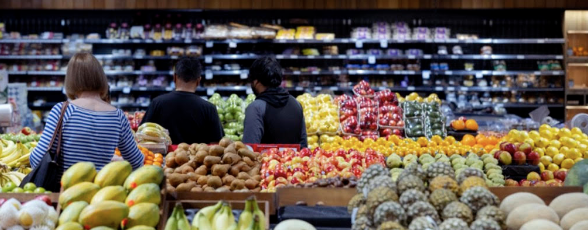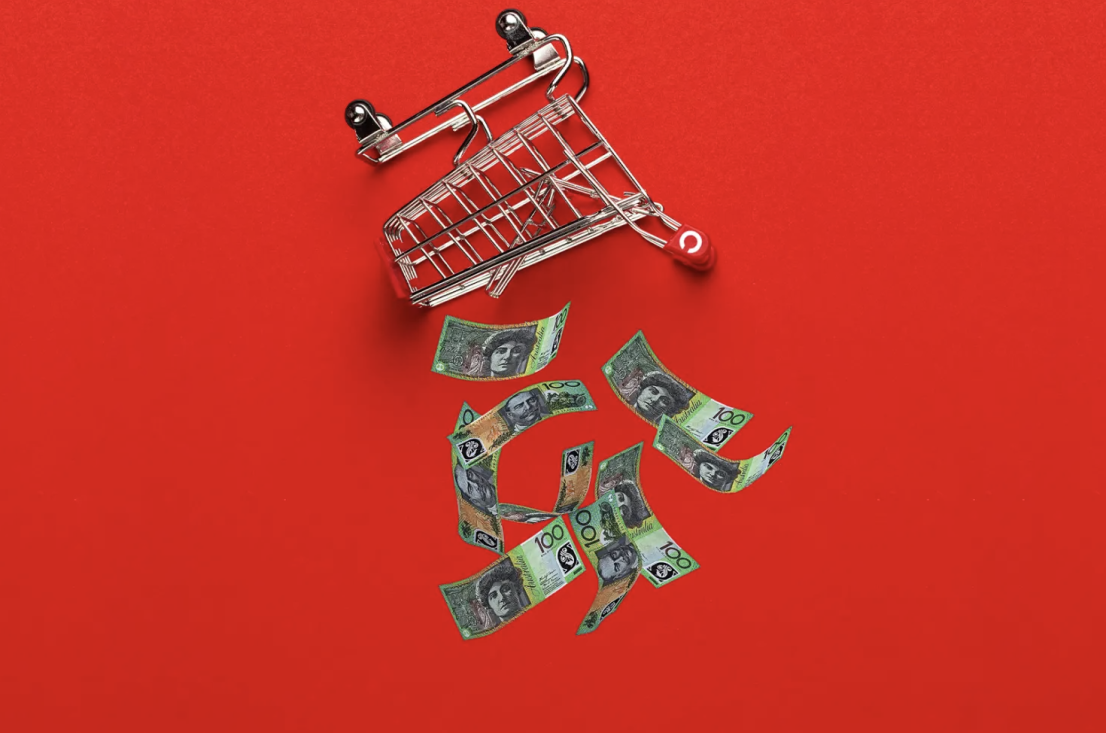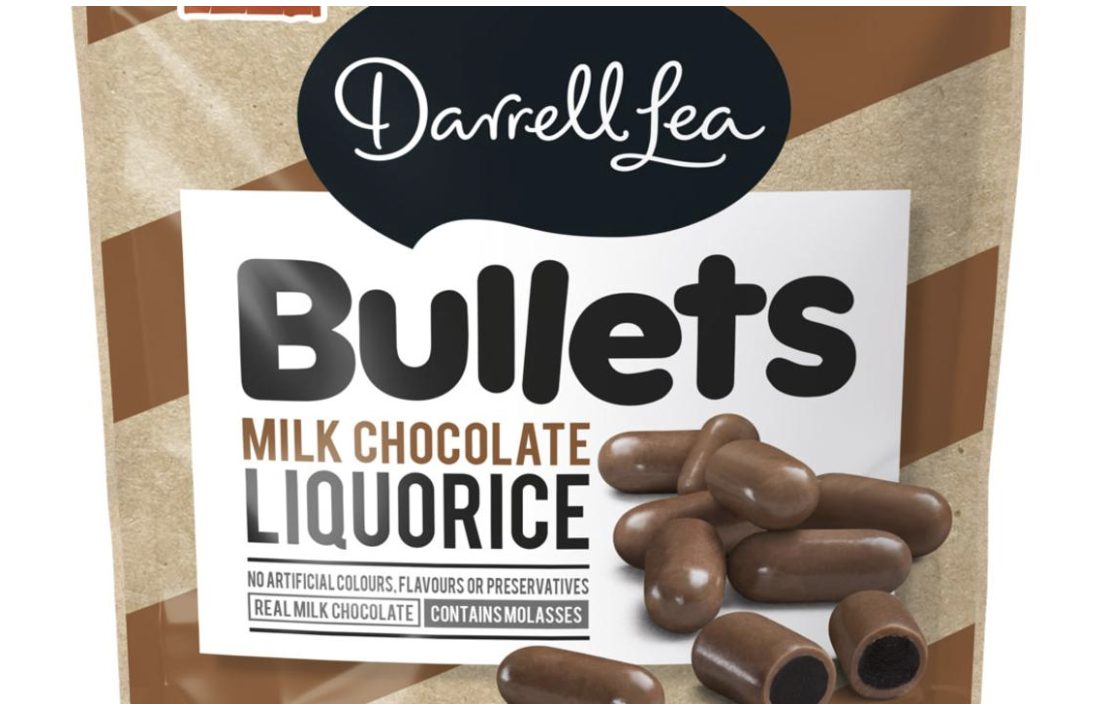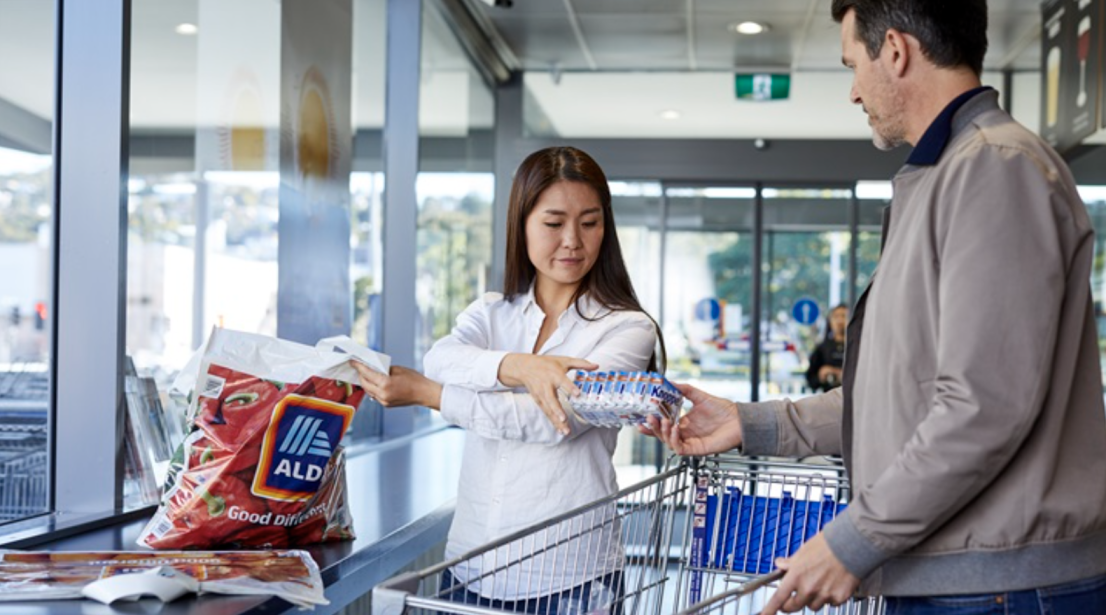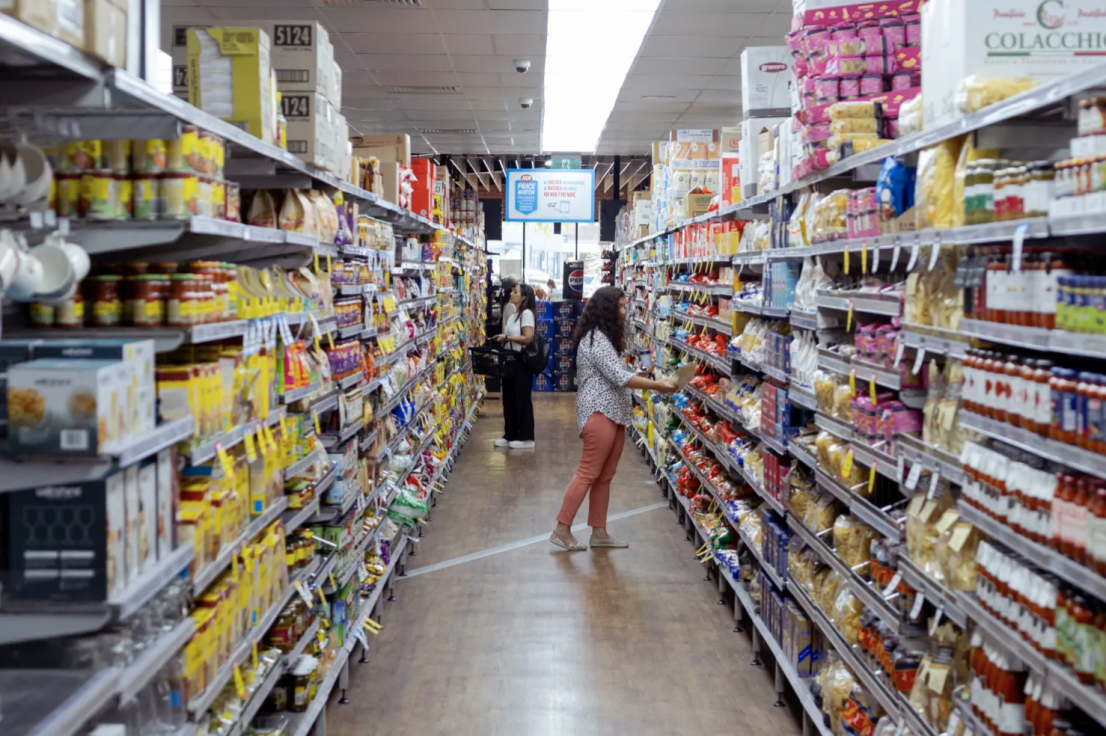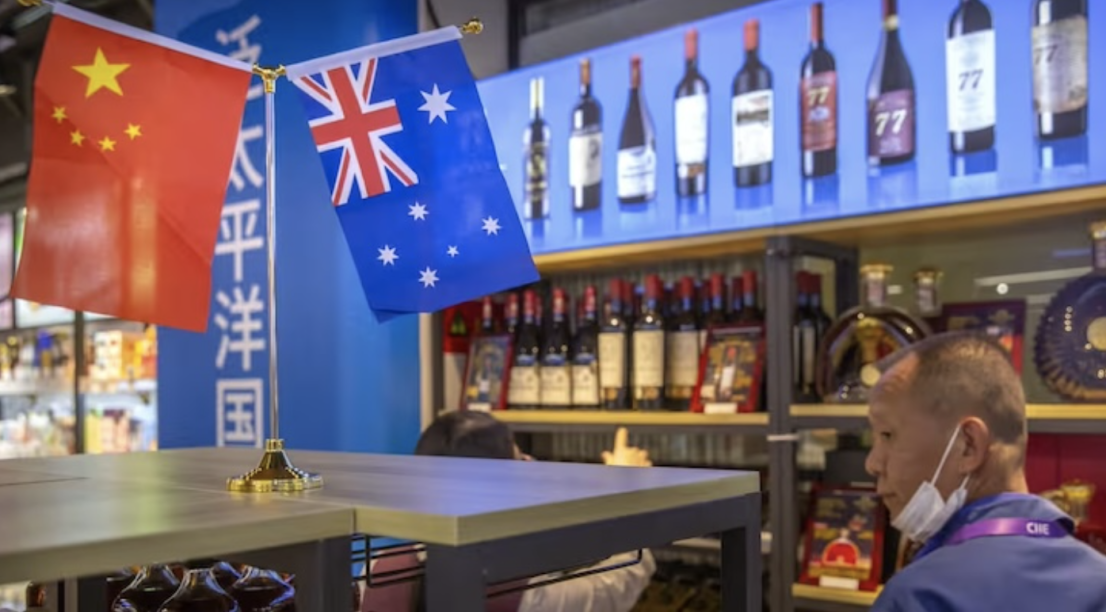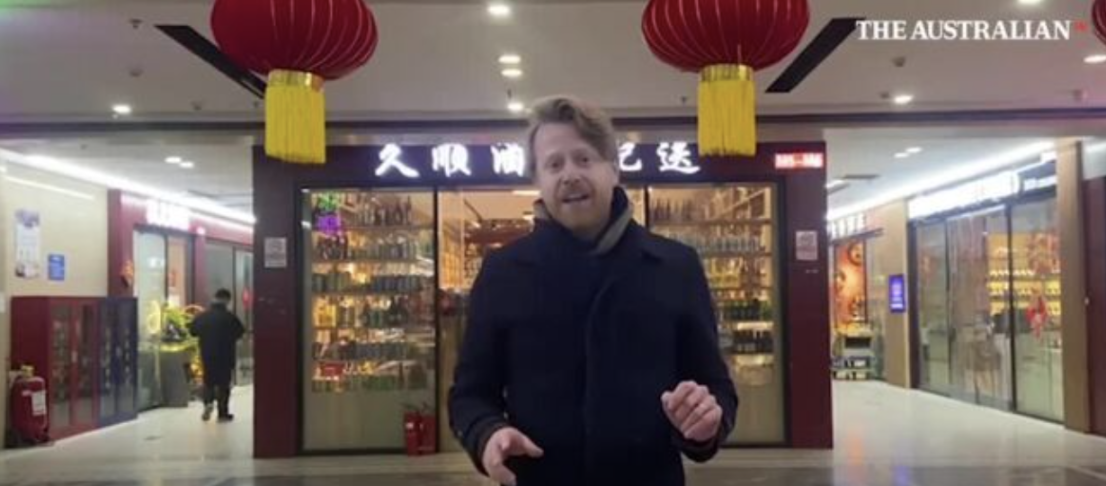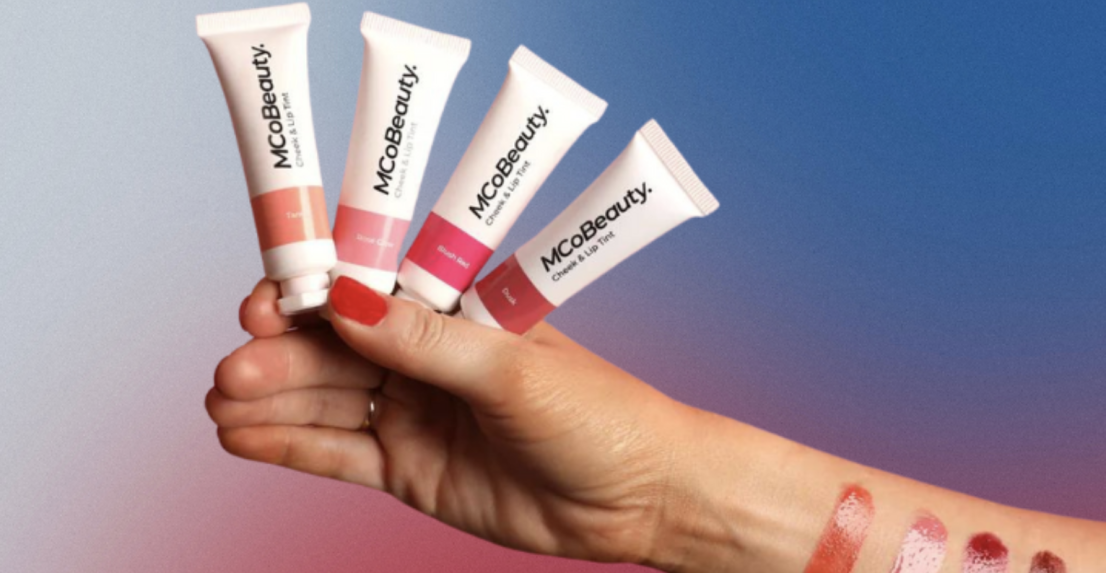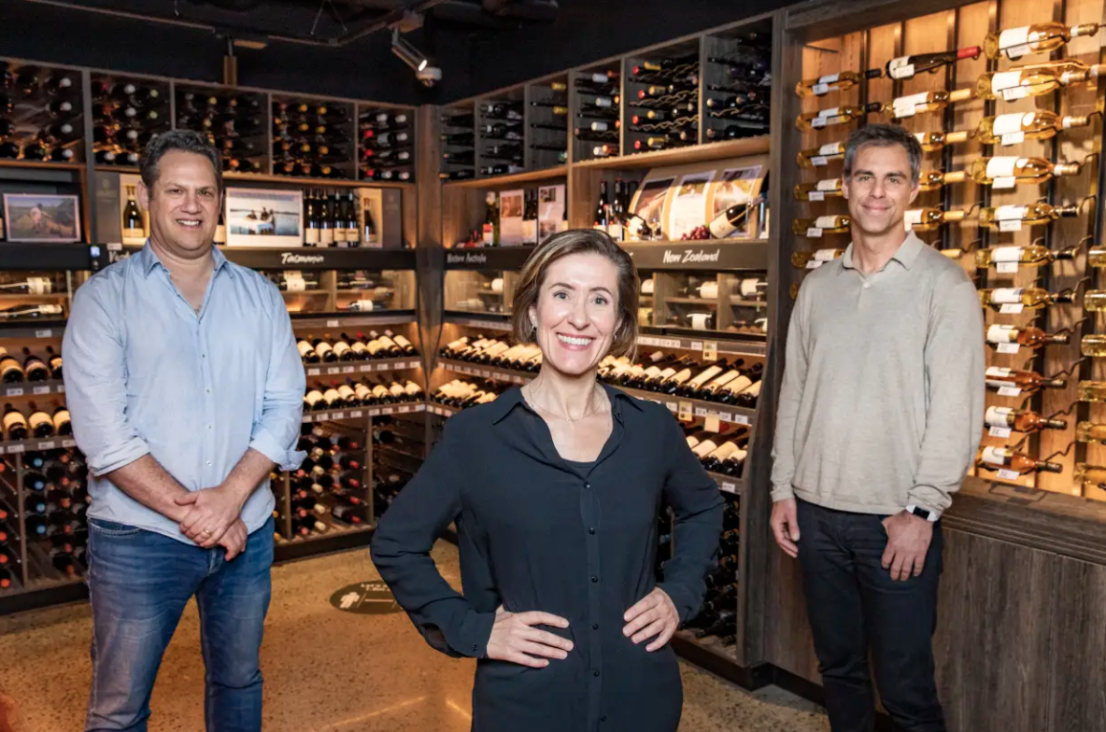
Woolworths is launching a $US125 million ($190 million) venture capital fund with four overseas retailers, including the UK chain Tesco, despite other companies pulling back from investing in start-ups.
The fund will be called W23 Global and run out of the same Sydney office as Woolworths’ domestic venture capital fund W23, which launched in 2019 and has invested in companies including meal-kit seller Marley Spoon and telehealth start-up Eucalyptus.
Tesco, Woolworths, the Canadian retail conglomerate Empire Company, South Africa’s Shoprite Group and the European-headquartered Ahold Delhaize all have equal investments in W23.
The fund will be deployed over five years and each investment will be approved by a committee comprised of the chief executives of the five retailers. Its mandate is to invest in strategically useful companies for its supermarket backers, including in supply chains and sustainability.
Technology giant Salesforce cut its Australian venture capital fund early last year and the big four banks have had mixed success with their corporate venture capital funds.
W23 Global’s pitch is that its portfolio companies will gain access to a group of big potential customers and advisers without being beholden to one supermarket chain.
W23 Australia boss Ingrid Maes will also run the new fund as chief executive and chief investment officer, though it will legally be based in the United Kingdom.
“With five of the world’s leading grocery CEOs sitting on our investment committee and access to our broader ecosystem, our founders can test and develop their ideas quickly based on an accelerated understanding of retailers’ needs,” Ms Maes said.
W23’s spokesman declined to make her available for interview or specify the returns that the fund is targeting.
Corporate venture funds have a patchy reputation in Australian venture capital circles. Large companies that launch venture funds may eventually come into competition with the start-ups they back, or resent their decisions to work with competitors. And though corporate funds are designed to back riskier ventures than their corporate parents, sometimes public company bosses are wary of taking on the same risks as independent venture capitalists.
In an announcement on W23 Global’s launch, the fund emphasised that companies it invests in will be free to do business with any customers. And Ms Maes said W23 Global would act like other venture funds.
“We’ll be there when founders need us, but get out of the way when they don’t,” she said.
W23 Global’s founding marks a bright spot for the Australian venture capital industry, where some smaller funds have struggled to raise and larger funds are returning to the market to seek more cash.
Those dynamics were caused by the pandemic-era bubble where venture funds invested at inflated prices, denting their returns.
The chief executive of South Africa’s ShopRite, Pieter Engelbrecht, said his 3543-store chain faced trading circumstances unlike anything the other W23 backers had to deal with.
“In a country with one of the highest levels of inequality in the world … we at the Shoprite Group have to find more affordable solutions for our
customers to sustain their livelihoods, every day,” Mr Engelbrecht said. “This is the driving force behind our need to innovate faster than most retailers and is why we entered this venture with our esteemed global counterparts.”


